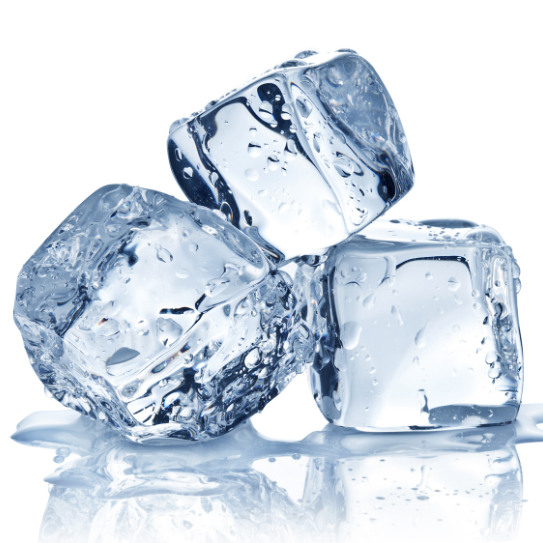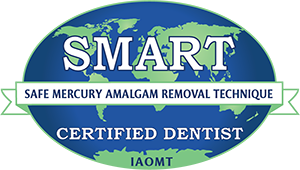Chewing Ice: The Cool Habit that Can Harm Your Teeth | Rapid City Dental Clinic

Rapid City Dental Clinic
Welcome to Rushmore Dental, your trusted Rapid City dental clinic. We're here to shed light on a topic that might seem innocent but can have detrimental effects on your dental health – chewing ice. While it may seem refreshing and harmless, this cool habit can lead to various dental issues. This blog will explore why chewing ice is bad for your teeth and how you can protect your oral health. Let's dive in!
Understanding the Fascination with Chewing Ice
Chewing ice is a common habit for many people, especially during hot summer months. It offers a refreshing sensation and can temporarily cool you down. Some individuals even find it satisfying to crunch on ice cubes, which can provide a sense of relief or distraction. However, many must realize that their teeth aren't designed to withstand the forces exerted during this activity.
The Perils of Chomping on Frozen Crystals
When you chew on ice, the extreme cold and hardness of the ice cubes can cause several issues for your teeth:
- Dental Fractures: Teeth are strong but can chip or crack when exposed to excessive force. Chewing ice creates a significant risk of damaging your tooth enamel, leading to fractures that may require dental repairs such as fillings or dental crowns.
- Tooth Sensitivity: Chewing ice can wear down the protective layer of enamel on your teeth. This can lead to tooth sensitivity, causing discomfort or pain when consuming hot or cold foods and beverages.
- Dental Restorations: If you have existing dental restorations such as fillings, crowns, or veneers, chewing ice can jeopardize their integrity. The extreme pressure from biting down on ice cubes may loosen or dislodge these restorations, requiring additional dental work to fix them.
Ice Chewing and Tooth Sensitivity: A Chilling Connection
As mentioned earlier, chewing ice can contribute to tooth sensitivity. The enamel loss exposes the underlying dentin, which contains tiny tubules leading to the tooth's nerve center. When these tubules are exposed, temperature changes can cause sensitivity or pain.
If you're already dealing with tooth sensitivity, chewing ice can exacerbate the issue. It's crucial to be mindful of your oral health and avoid activities that further compromise your teeth.
Avoiding Dental Damage: Tips for Breaking the Ice-Chewing Habit
Breaking a habit can be challenging, but protecting your dental health is necessary. Here are some practical tips from your Rapid City dental clinic to help you kick the ice-chewing habit:
- Choose Alternatives: When you crave something cold and refreshing, opt for healthier alternatives like chilled watermelon, frozen grapes, or sugar-free popsicles. These options provide a similar cooling effect without the risks associated with ice.
- Use Straw: If you enjoy sipping on icy beverages, consider using a straw. This helps minimize contact between the cold liquid and your teeth, reducing the potential for enamel erosion.
- Raise Awareness: Sometimes, being aware of the negative consequences can motivate you to change your behavior. Share this information with friends and family who may also be ice-chewing enthusiasts.
- Stay Hydrated: Often, people chew ice out of habit or because they're dehydrated. Ensure you drink enough water throughout the day to keep yourself hydrated and reduce the urge to chew ice.
- Chew Sugar-Free Gum: If you enjoy the act of chewing, opt for sugar-free gum instead. Chewing gum stimulates saliva production, which helps maintain oral health and can distract you from the desire to chew ice.
Visit Your Rapid City Dental Clinic Today!
While the allure of chewing ice can be tempting, it's crucial to recognize the potential harm it can cause to your teeth. Rushmore Dental, your Rapid City dental clinic, urges you to break the ice-chewing habit to safeguard your dental health. By understanding the risks, exploring healthier alternatives, and practicing good oral hygiene, you can ensure a smile that's cool, confident, and free from dental damage.
Remember, if you have any concerns or dental issues, our Rapid City dental clinic is here to provide the care you deserve. Please schedule your appointment at our Rapid City dental clinic today!





